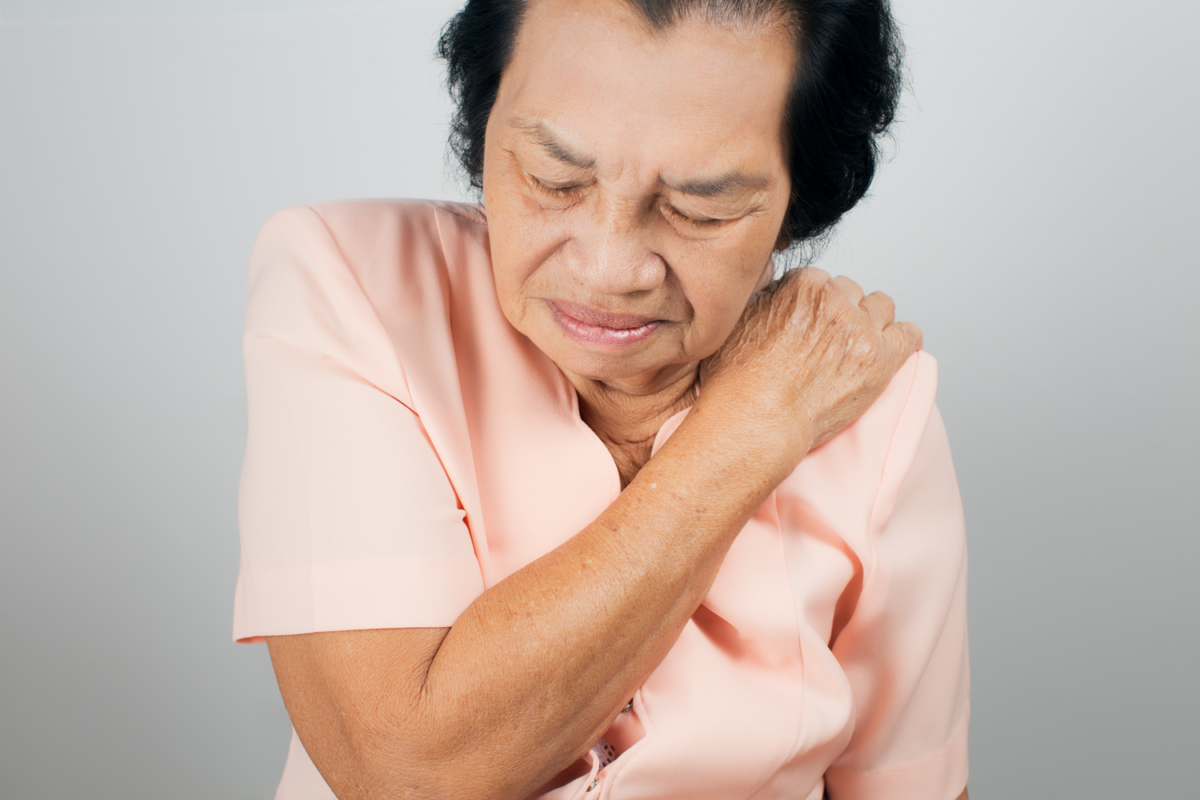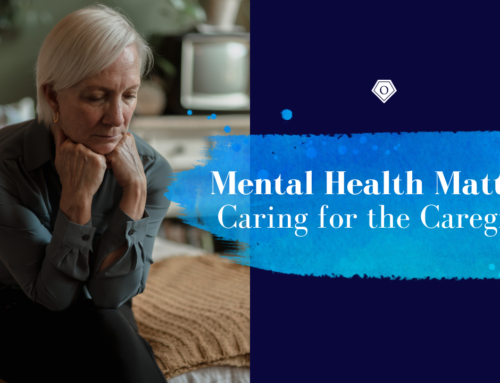When the muscles or tendons around your rotator cuff become torn, your doctor may recommend rotator cuff surgery to repair the damage.
Orthoinfo.aaos.org shared signs that surgery may be a good option:
- Your symptoms have lasted 6 to 12 months
- You have a large tear (more than 3 cm) and the quality of the surrounding tendon tissue is good
- You have significant weakness and loss of function in your shoulder
- Your tear was caused by a recent, acute injury
The Journal of Bone & Joint Surgery says the common age for rotator cuff surgery is around 65 years old for women and 58 years old for men. Rotator cuff surgery is typically minimally-invasive. Use the tips below to avoid re-injury during the healing process.
-
Wear your shoulder sling or immobilizer
- It is critical that the tendons be protected in order to heal. You will most likely use a sling. During this time, avoid using your arm for at least 4 to 6 weeks. The length of time you are immobile will depend on the severity of your injury.
-
Participate in physical therapy
- Rehabilitation plays a vital role in recovery and regaining mobility. Although the tendon has been repaired, the muscle around the arm remain weak. Once the doctor clears you for therapy, it is important to do exactly as the physical therapist says in order to regain strength.
-
Post surgery pain is normal, don’t over do pain medication
- Pain is a natural part of the healing process. Your doctors and nurses will work to reduce your pain in order to help you recover faster. However, be aware that although opioids help relieve pain after surgery, they are narcotic and can be addictive.
-
Avoid certain shoulder positions and arm movements
- Lifting objects
- Putting weight on your shoulder or arm
- Reaching behind your body
- Raising your arm overhead
- Moving your arm to the side
-
Don’t rush recovery
- No matter how good you feel, listen to doctor and physical therapist orders. Even if you feel no pain certain activities can re-injure the area. Resuming physical activity before healing is complete can also increase straining or injuring other parts of the body.
Depending on your age, you may require at home assistance during the recovery process. Our nurse directed home care can help with daily tasks, dressing, toiling, and more to help patients recover safely without re-injury.






